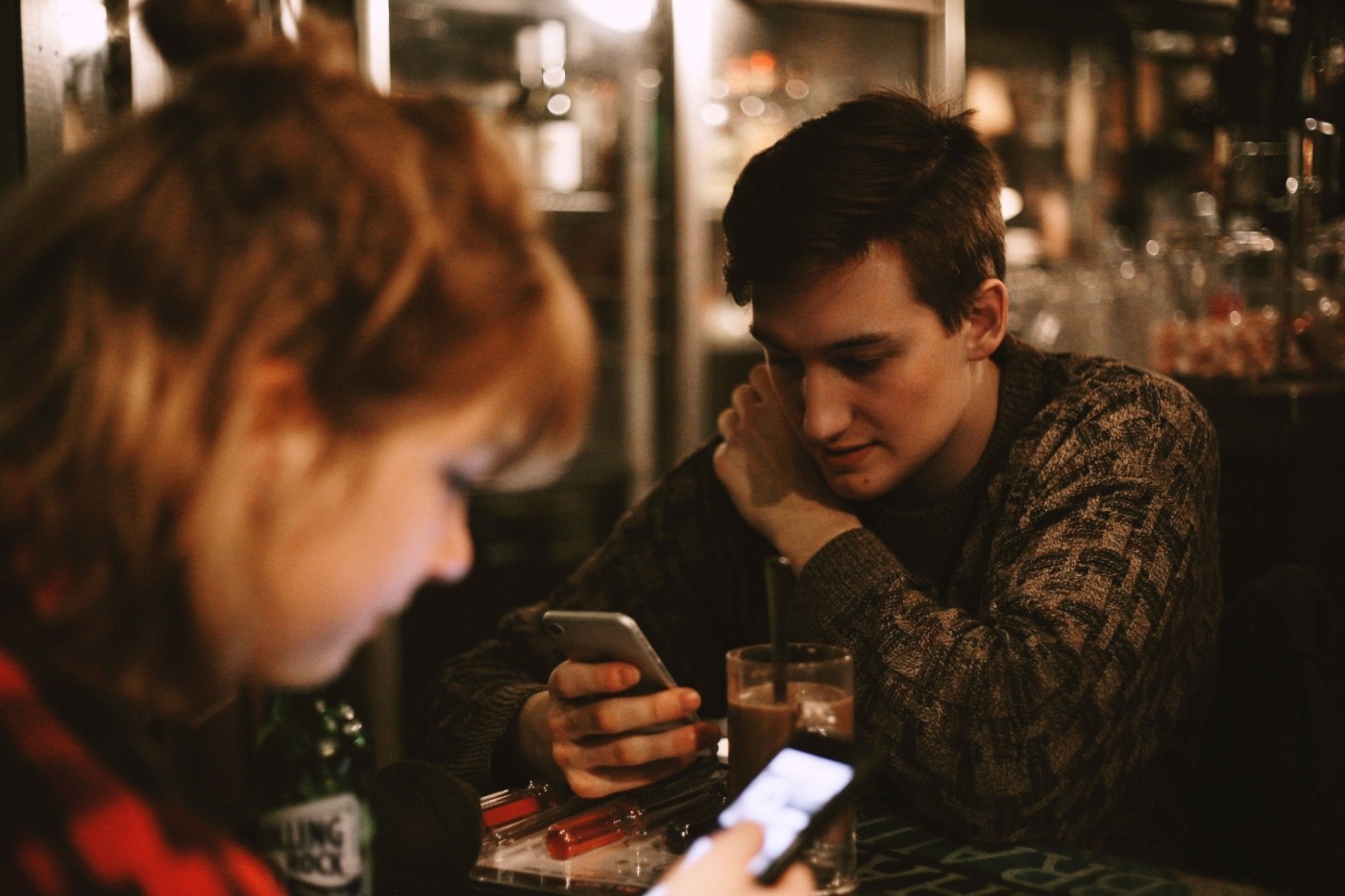Investigating social media’s impact on mental health
Social media is an essential form of communication, especially in this day and age where technology is constantly evolving and growing. Sites such as Facebook, Twitter and Snapchat are used by people of all ages to get in contact with one another. The benefits of social media are obvious, and the majority of us, including myself, would probably struggle to imagine a life without it. But social media isn’t without its flaws, and the impact it has to the mental health of millions of people around the world cannot be overlooked.
People who use Facebook more, are more likely to be unhappy than people who use it less, a recent study conducted at the University of Michigan found. The results are unsurprising and is likely to extend to other social media sites such as Snapchat and Instagram. Through incessant use of these apps, users are increasingly exposed to feeling a degree of social isolation and anxiety. There is a tendency to check every five minutes how many likes or comments that the last picture posted got, as well as fret about how the appearance of a picture. Furthermore, seeing pictures of our friends enjoying themselves at their tropical vacations, or even at a party we did not attend can lead to a degree of jealousy and even FOMO (fear of missing out). What happens next? The start of a vicious cycle where people who feel this way add jealousy inducing pictures to make it seem like their lives are better by trying to go one-up on their friends. At the end of the day, there is no winner and instead this cycle has a detrimental impact on mental and physical well-being due to the emotional toll that results from this.
People who use Facebook more…are more likely to be unhappy than people who use it less
Cyber bullying’s prevalence within social networking sites has drawn extreme concern. It affects more than 43% of young people, and it is one of the most popular causes of depression. As there are endless social freedoms that come with social media, it is almost a given such unrestricted boundaries lead to the risk of being targeted by online trolls and keyboard warriors. Cyber bullying takes various forms, from persistent messaging to posting embarrassing pictures of the victim. Unfortunately, 71% of participants that took part in The Annual Bullying Survey in 2017 thought social media sites do not do enough to address the issue of cyber bullying. Not only is there a strong and almost trivial link between cyber bullying and depression in young people, there have been extensive cases of victims committing suicide as a result. For many, this is one of the most critical influences towards the dangers of networking sites- one which will persist unless social media platforms do more to reduce harm.
One aspect which tends to slip under the radar is the systematic forecasting errors made by social media users. This is where they think scrolling for hours on end will cause a lift in their mood, when in fact they feel worse after. One experiment investigating Facebook’s emotional consequences found that Internet browsing without using social media platforms did not decrease people’s mood. Rather, compared to browsing the Internet, Facebook was considered as being “less meaningful, less useful, and more of a waste of time”. Consequently, this led to a decrease in mood.
Cyber bullying…affects more than 43 per cent of young people
Social media is known for being extremely addictive and can often lead to a vigorous form of dependency. When people are forced to stop using social media sites, typical withdrawal effects include anxiety. Yet ‘Scroll Free September’, an initiative launched by the Royal Society for Public Health (RSPH), sought to understand the aspects “that may be having a more negative impact on your wellbeing”. The over-indulgence of social media can affect your sleep, self-esteem and relationships, according to the RSPH. However, the implications on mental health can be detrimental. Not using social media can often lead to feelings of unease, viewing it as something “we think we can’t live without”. But by using these sites, a degree of jealousy and perceived social isolation may form despite not recognising this at first.
The government has placed huge importance on this seriously alarming issue, as mental health becomes a bigger issue by the day. “Mental health is just as important as physical health and should be treated as such,” according to the Chief Medical Officer Professor Dame Sally Davies. Her comment comes as the Health Secretary, Matt Hancock, has asked her to issue a review detailing the links between social media and children’s mental health.
Mental health is just as important as physical health and should be treated as such
As the issue of social media’s impact on mental health lingers on, practical solutions are desperately needed. Campaigner and TES columnist Natasha Devon MBE said: ‘I don’t think any reasonable person would contest that social media and smart phones are having a dramatic impact on how we think and behave”. She went on to say: “I also believe the government could play a role in regulation by, for example, providing public health guidelines around screen time and social media exposure for both children and adults”.

Comments (2)